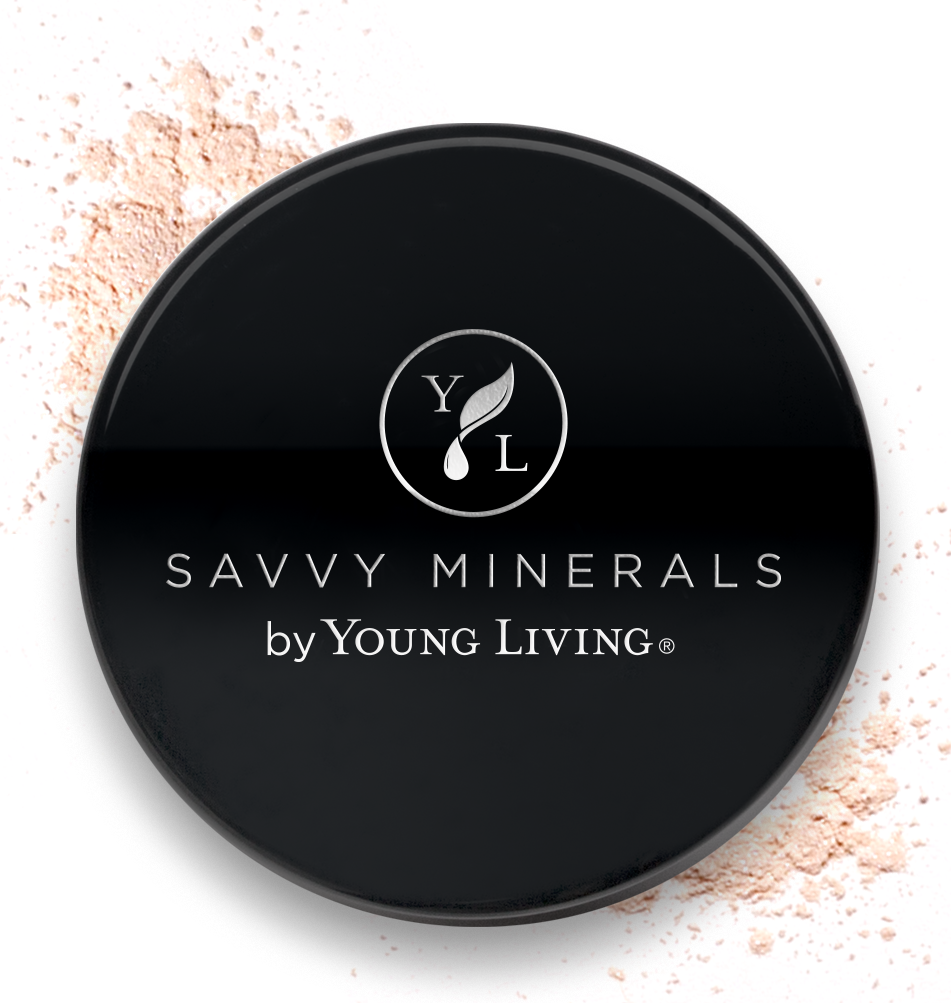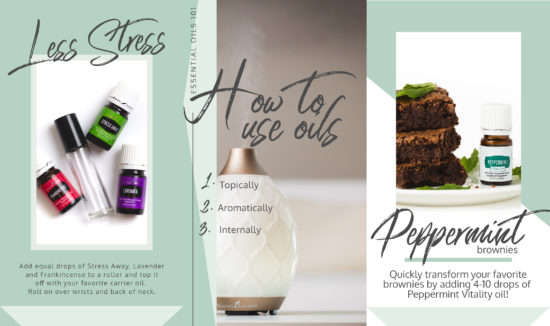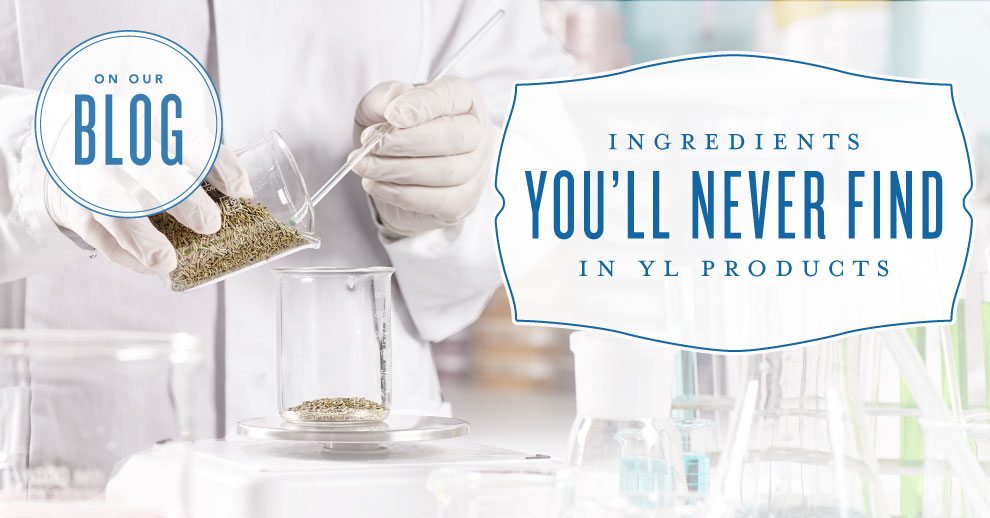
Do you remember ninth grade biology class? The pungent smell of formaldehyde filling the air as you performed the public school ritual of frog dissection? Did you know that many popular personal care products list formaldehyde as an ingredient or mention a preservative that releases formaldehyde? Yeah, we think it’s gross, too. That’s why we don’t include it in our products and have a list of other ingredients that Young Living doesn’t use.
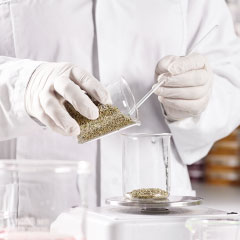
When creating a new product, Young Living takes great care to scrutinize, analyze, and research each ingredient to ensure that it is as pure as possible. We also consider the conditions of sourcing and closely monitor how ingredients are being harvested. Our aim to deliver naturally derived products that you feel confident using around your family is at the core of who we are.
If we’re unsure about an ingredient, we’ll pass on it completely. For example, we never use artificial dyes, harsh chemicals, or fragrances other than essential oils. In place of artificial flavors, we use essential oils and natural flavoring. The elimination of these constituents helps us provide you with products we are proud to call ours. Ready to take a closer look at what else we don’t use?
Personal Care
Our personal care line ranges from serums you apply to your face to toothpaste you put in your mouth—and that’s about as personal as it gets. It’s important to us that you feel secure in the ingredients. Here’s what we avoid and why we never use it:
Glycols (propylene, butylene, hexylene, caprylyl): Glycols are moisturizing agents. We don’t use them in our products simply because there isn’t enough research to declare them as safe to use, so why take the risk?
Triclosan: This is an antimicrobial agent, often found in toothpastes and hand soaps, that was recently banned by the FDA for antiseptic skin products due to lack of data regarding its safety and efficacy.*
Nano particles: These are commonly found in sunscreen. These reactive particles can be very unpredictable and are small enough to pass through cell membranes and enter the bloodstream. For more information, check out our blog post.
Formaldehyde: This preservative is often seen in lotions, cosmetics, and baby wipes. After repeated contact, skin sensitivity may arise.*
Oxybenzone: This organic compound is an example of an ingredient that could be toxic to the symbiotic algae that lives within coral and might pose a huge threat to coral reef.* As conscious stewards of the environment, we use reef-friendly sunscreen ingredients such as zinc oxide (non-nano) or titanium dioxide (non-nano) in our sunscreen.
*See National Ocean Service report here.
BHA and BHT: These are common synthetic preservatives found in fatty oils or carrier oils. There’s a reason other companies use these ingredients, even if they haven’t been proven to be safe or properly researched. They contribute something to the finished product, but we refuse to settle. In our creams and lotions, instead of using these preservatives, we choose to utilize naturally derived ingredients such as essential oils, pH regulators, acid regulators, and plant extracts. In place of fatty acids, we opt for BHA- and BHT-free coconut and carrier oils. In our bath bombs, we choose simple sodium bicarbonate and citric acid in place of boric acid.
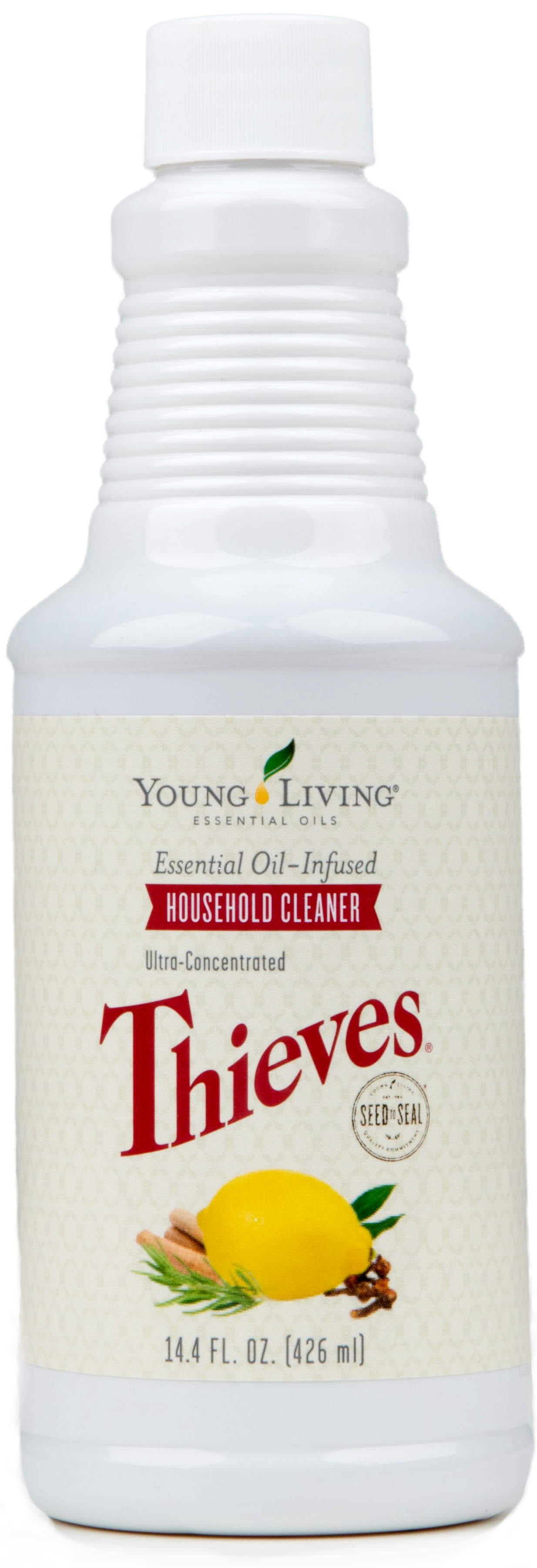 Cleaning–Thieves®
Cleaning–Thieves®
Imagine you’re wiping off your counters with popular disinfectant wipes when you hear your baby start to wail. You feel you need to vigorously scrub your hands to rid them of harsh chemicals before going to sooth your upset child. This is not what we want for your homes and families. We want you to feel a sense of confidence when cleaning around little ones and pets. We make that happen by eliminating these substances:
Sulfates: These cleaning agents are synthetic and are purposely absent from our Thieves line.
Triethanolamine (TEA): This ingredient is often found in retail detergents, but there’s not enough safety data available for us to feel comfortable using it.
What we use instead:
When it comes to the cleaning products you trust us to formulate, we use natural surfactants like glucosides, soapberries, and quillaja extract instead—all derived from plants.
Babies–Young Living Seedlings
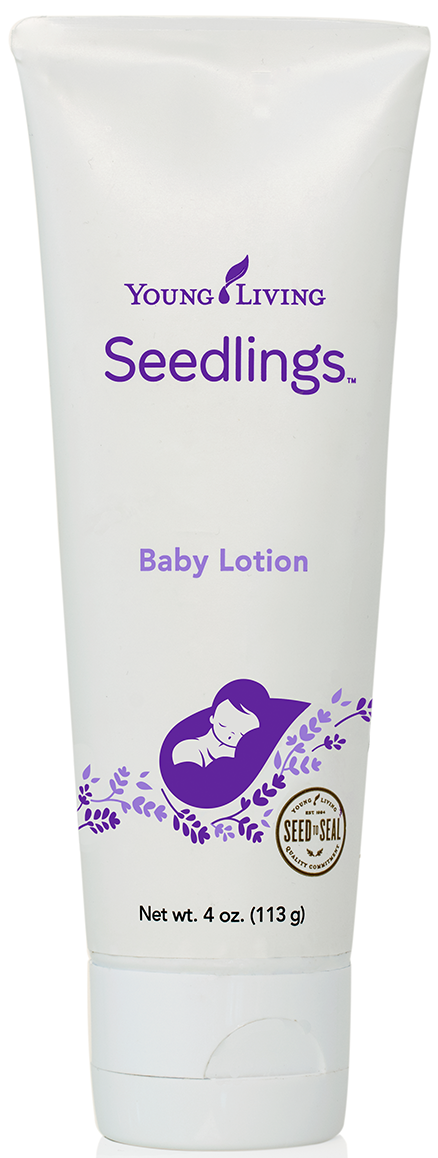 If there’s one thing we know about parents, it’s that if you’re unsure if an ingredient is okay for you, it’s an absolute no for your babies. This led to the formulation of our Young Living Seedlings line. Young Living products are meant to be used in the home, and the last thing you should stress about is which kind of chemicals your children are exposed to. That’s why we refuse to use the following ingredients:
If there’s one thing we know about parents, it’s that if you’re unsure if an ingredient is okay for you, it’s an absolute no for your babies. This led to the formulation of our Young Living Seedlings line. Young Living products are meant to be used in the home, and the last thing you should stress about is which kind of chemicals your children are exposed to. That’s why we refuse to use the following ingredients:
Talc: This powder contains potential carcinogens in certain products. Most baby powders use it, but the costs could be very serious when inhaled.
PEGs (PEG–polyethylene glycol; PPG–polypropylene glycol): These ingredients are surfactants and are most commonly used in cleaning and personal products. When synthetic, they carry potential safety concerns such as pore clogging and toxicity.
Parabens: The FDA has no conclusive research regarding the effects of these preservatives, which are often used in deodorants, moisturizers, and shampoos.
What we use instead:
Once again, we choose to focus our resources on providing you plant-derived, natural surfactants and safer alternatives to parabens such as acid regulators, plant extracts, and essential oils.
Makeup–Savvy Minerals by Young Living®
For some, makeup comes into daily contact with their skin. That’s why we created Savvy Minerals by Young Living for the woman who wants to feel confident and beautiful without constantly worrying about what’s on her face and seeping into her skin. To accomplish this, we say no to these constituents:
Synthetic dyes or colors: These additives are used to make cosmetics pigmented and are mostly made of petroleum sources.
Bismuth: This is a coloring agent in makeup, and since we have insufficient evidence of its safety, we don’t use it.
What we use instead:
Instead of using harmful, unknown agents to color our makeup, we rely on minerals or mineral oxides.
With each of our products, we put quality first. We take great pride in scrutinizing our ingredients—from the source material to the country of origin—and celebrate spreading Gary Young’s vision of bringing the world’s purest essential oils into your home.
Quality sourcing, healthy lives, and naturally derived products are our passion. To learn more, read our blog posts on the Seed to Seal® process and how to use essential oils to create a healthy lifestyle.


